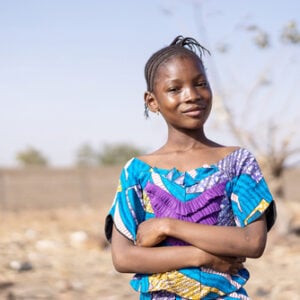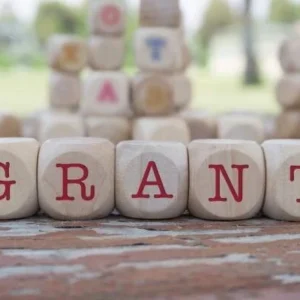Nepal is grappling with widespread unrest as youth-led anti-corruption protests have left at least 30 people dead, with the death toll continuing to rise amid ongoing political uncertainty. The protests, organized by self-described “Gen Z” groups, initially aimed to oppose corruption, nepotism, and restrictions on social media. However, the demonstrations escalated dramatically after security forces opened fire on crowds, triggering a wave of violence across the country.
By Tuesday, protesters had stormed and set fire to key government institutions, including parliament, the Supreme Court, and multiple administrative offices, most notably Singha Durbar—the central administrative complex. Homes of political leaders were attacked, police stations overrun, and Tribhuvan International Airport was briefly shut down. Schools and media outlets were also targeted, and the Ministry of Health and Population, including the National Health Emergency Operation Centre, was destroyed.
The volatile situation has led to reports of critically injured individuals in hospitals, jailbreaks in several locations, and looted weapons from police personnel. Some escaped inmates remain at large, while youth groups have assisted in returning firearms and apprehending others who voluntarily surrendered.
In response, the Nepalese army assumed control of nationwide security late Tuesday, deploying troops across the Kathmandu Valley, imposing movement restrictions, and establishing checkpoints. Citizens have been urged to remain home except for essential travel. The army’s deployment aims to stabilize the country while authorities regain control over law enforcement infrastructure.
Amid the chaos, there have been signs of community resilience, with youth groups actively clearing debris from streets and neighborhoods. Meanwhile, efforts to restore governance continue behind the scenes, including talks on forming an interim government to steer Nepal through the crisis. Discussions reportedly focus on the dissolution of parliament, investigations into illegally acquired assets, and reform of key state institutions.
UN Secretary-General António Guterres expressed deep concern over the violence, urging restraint, peaceful dialogue, and compliance with human rights law. “Protests must take place in a peaceful manner, respecting life and property,” he said, highlighting the importance of protecting civilians and maintaining order.
As Nepal navigates this unprecedented crisis, the situation remains highly fluid, with both immediate security challenges and longer-term political and institutional reforms demanding urgent attention.







